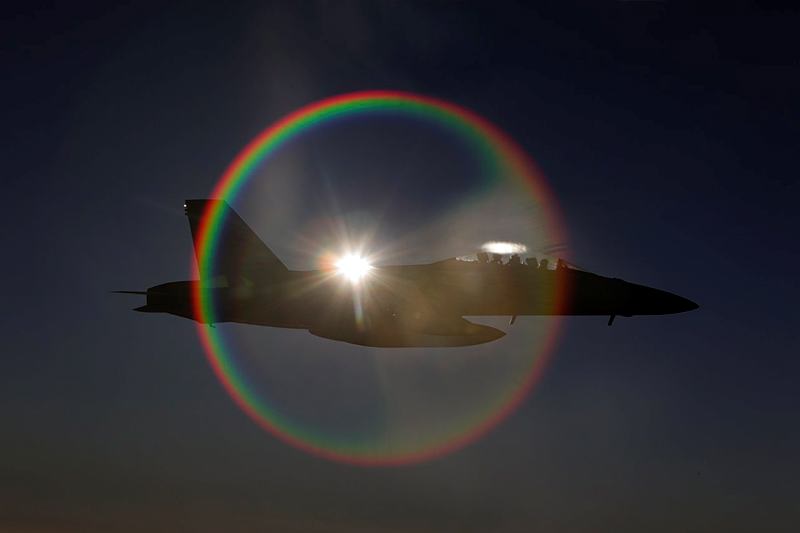 Next Tuesday, ASPI will release the first publication of a continuing, open-source study of the coalition campaign against the Islamic State of Iraq and the Levant (ISIL). The report is an important part of ASPI’s mission to provide policy-relevant research and analysis to better inform government decision-making and the public’s understanding of strategic and defence issues. With Australian blood and treasure committed to the efforts of the US-led coalition, it’s important that ASPI provides research, analysis and constructive commentary on the campaign efforts to deepen understanding of events, decisions, costs, risks and potential outcomes.
Next Tuesday, ASPI will release the first publication of a continuing, open-source study of the coalition campaign against the Islamic State of Iraq and the Levant (ISIL). The report is an important part of ASPI’s mission to provide policy-relevant research and analysis to better inform government decision-making and the public’s understanding of strategic and defence issues. With Australian blood and treasure committed to the efforts of the US-led coalition, it’s important that ASPI provides research, analysis and constructive commentary on the campaign efforts to deepen understanding of events, decisions, costs, risks and potential outcomes.
Australia’s role in the international coalition is currently limited to airstrikes on targets in Iraq and an evolving commitment to training elements of the Iraqi security forces. Both roles are indefinitely sustainable, given the ADF’s capacity to rotate forces and projections of defence spending. The broader challenge for Canberra will be to explain how this fits into a credible international strategy with a realisable political objective.
The campaign to ‘degrade, and ultimately destroy, ISIL through a comprehensive and sustained counterterrorism strategy’ is essentially a work in progress. ISIL’s rapid advances of mid-2014 have been checked, but the group has shown itself to be tough and able to adapt its tactics. In 2015, it will become apparent just how much more can be done to degrade ISIL via airstrikes. The first half of the year will be decisive for the Iraqi Army in showing whether it can retake and then effectively administer territory. Including the Sunni minority, especially in the west and north of Iraq, and limiting Iranian influence will both be critical to subsequent phases of the campaign. More broadly, a credible political solution in Syria and Iraq remains elusive. The absence of an international interest in or commitment to tackling the region’s deep-seated political problems will constrain the effectiveness of the campaign against ISIL into the future.
ASPI’s forthcoming report is a forensic appraisal of the first 100 days of the campaign against ISIL. This blog post is the first in a series that will highlight the report’s insights as to:
- ISIL’s evolution and its military actions in 2014
- developing the international coalition against ISIL
- the first 100 days of airstrikes
- the cost of operations against ISIL
- the land force advise and assist mission
- ISIL and international terrorism
- coalition strategy in Iraq and Syria
The forthcoming report will be complemented by ASPI’s interactive map of coalition airstrikes, which details the date, location, target and effect of all strikes reported by US Central Command at the time of writing. It also shows the coalition’s humanitarian and military airdrops. The map will be available on ASPI’s website.
The website will also host the report’s airstrikes database, which collates all the strike information reported by US Central Command at the time of writing. So far as we can tell, this database is the most accurate open-source collation of information on coalition airstrikes in Iraq and Syria to date.
ASPI’s research team will continue to study and assess the campaign against ISIL as long as the campaign affects the future of Australian strategic policy. We expect to publish future reports and analysis that will be timely and relevant to the strategic discourse in Australia. ASPI welcomes critical feedback on its work from the Defence community and the general public.
To launch Strike from the air: the first 100 days of the campaign against ISIL, ASPI’s Executive Director Peter Jennings and senior analysts Mark Thomson and Tobias Feakin will hold a panel discussion canvassing the economic, political and strategic dimensions of the coalition campaign against ISIL. Click here to register for this free event.
Daniel Nichola is a research analyst at ASPI and a co-author of Strike from the air: the first 100 days of the campaign against ISIL. Image courtesy of Department of Defence.

